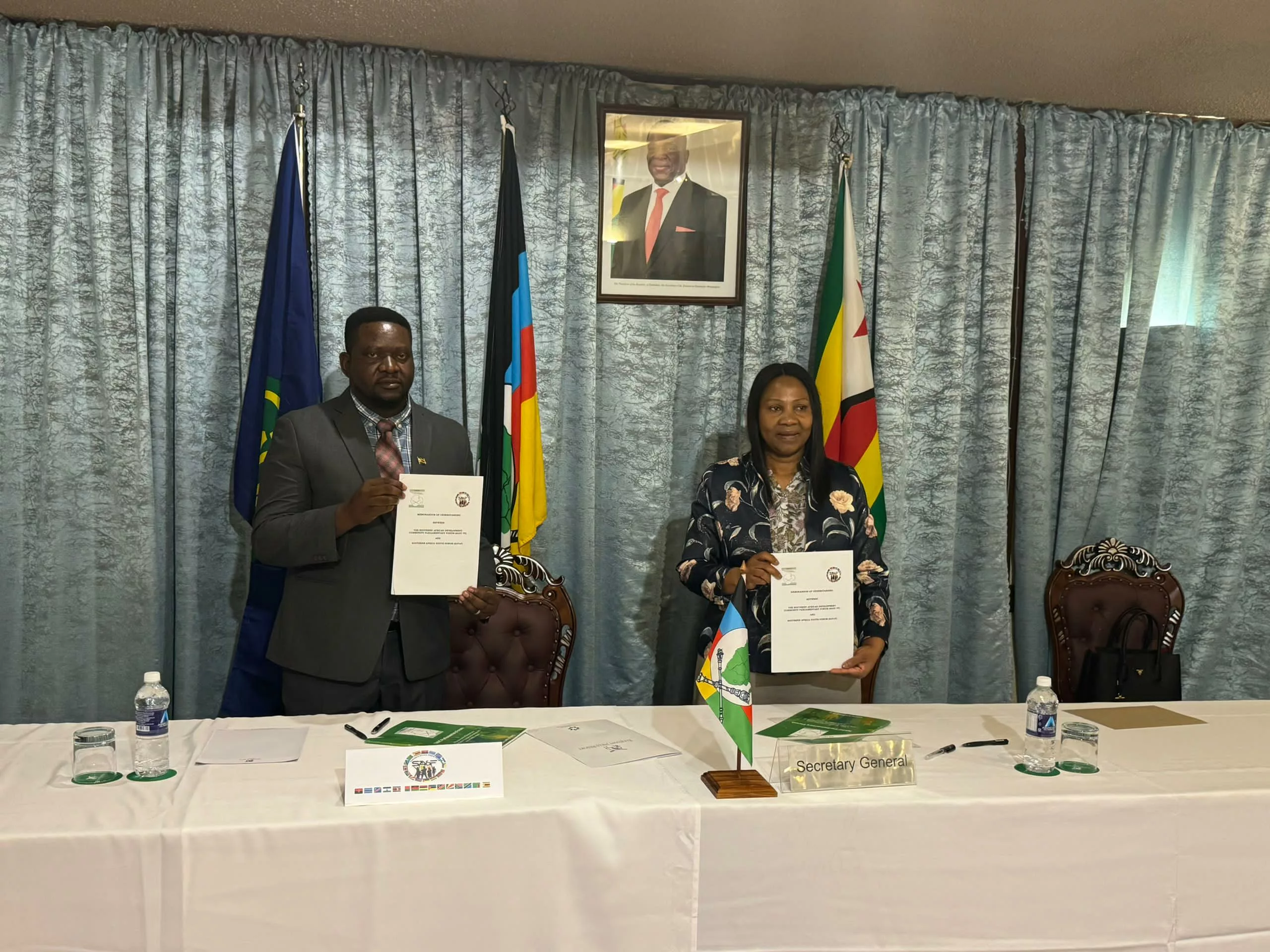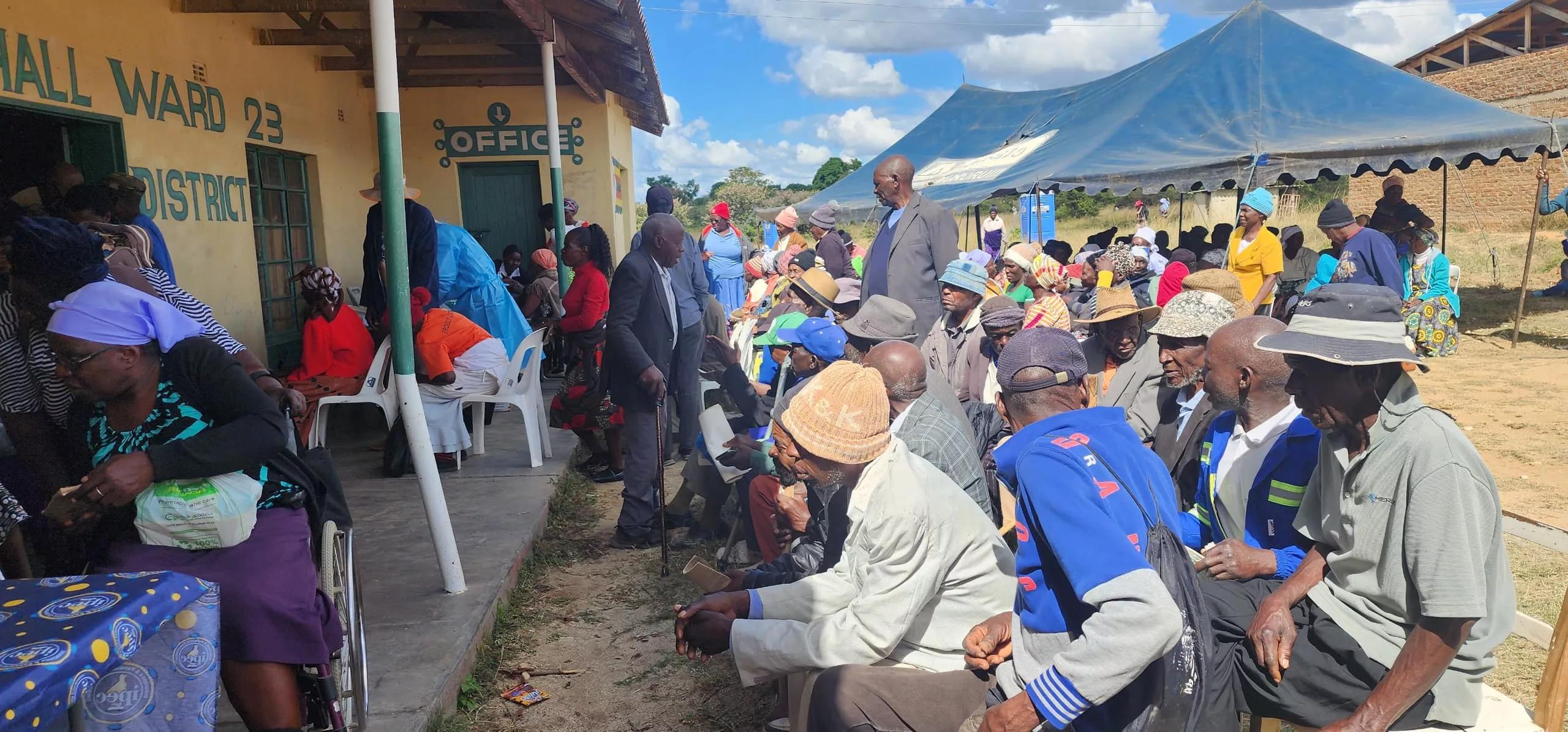|
Getting your Trinity Audio player ready...
|
Writes Admore Mbonda
Traditional leaders in Mashonaland Central are playing a leading role in fighting new HIV infections by urging their subjects to quit harmful traditional and religious practices.
With eight administrative districts, Mashonaland Central has an estimated 110,000 people living with HIV, 70% of them being children.
Chief Bushu, born Gracious Mukanwa, of Shamva district, said when he assumed the chieftaincy, child marriages were rampant while practices like ‘chiramu’ and levirate marriages (kugara nhaka) were also commonplace. Levirate marriage is a type of union in which the brother of a deceased man is obliged to marry his brother’s widow.
In a bid to stop the undesirable cultural and religious norms, Chief Bushu said traditional leaders in his jurisdiction, with the help of Rozaria Memorial Trust (RMT), crafted by-laws to curb the vices and punish perpetrators.
“When l became Chief, child marriages were rampant, at nearly 55%. A lot of girls were into vending in mining areas while boys were engaging in artisanal mining. We went to vending places and put curfews.
“We then identified leaders, role models, politicians, and other influential community members and went into schools and did consultations where villagers said they felt powerless in the wake of a rise in child marriages,” explained Chief Bushu.
“After the consultations, we agreed there should be stiffer penalties for those marrying off their girl-children. We also agreed as chiefs and headmen that we would not preside over or solemnize child marriages. If that happened, we agreed a traditional leader would be stripped of their positions.”
Chief Bushu also told journalists during an ongoing media tour organised by the National AIDS Council (NAC) that communities in the province have outlawed virginity tests and female genital mutilation (FGM), which were fuelling abuse of girls and exposing them to paedophiles.
However, Chief Bushu said, some yester-year practices such as family visits should be revitalised so that relatives get to know each other to curb cases of incest.
NAC Mashonaland Central provincial manager, Edgar Mzulu, said the province’s HIV prevalence rate stood at 10,3% and there was a drop in new infections.
However, Mzulu noted, that the gold-rich Mazowe district bears the brunt of new HIV infections among adolescent girls and young men.
“The key drivers of the epidemic are low-risk perception, multiple concurrent sexual partners, low condom use, and gender-based violence (GBV) which are vices most pronounced in Mazowe,” Mzulu said.
NAC is implementing a cocktail of transformative measures to reduce HIV prevalence in Mashonaland Central, including prevention of mother-to-child transmission (PMTCT) to protect new-borns, peer-led behaviour change programmes to cut unwanted pregnancies and sexually transmitted infections (STIs), among others.






